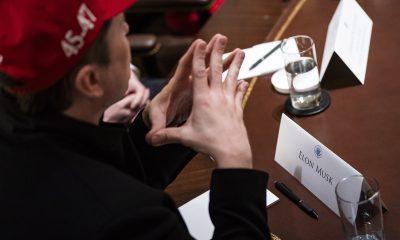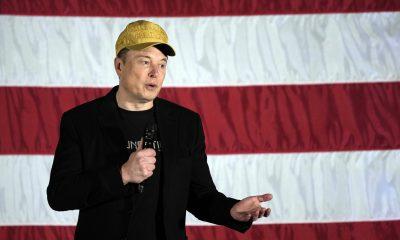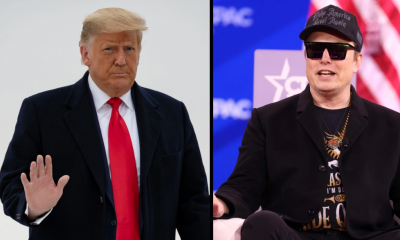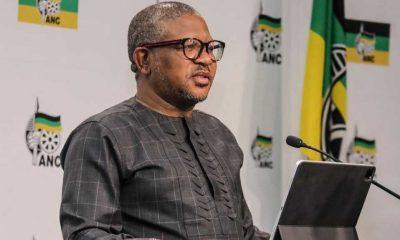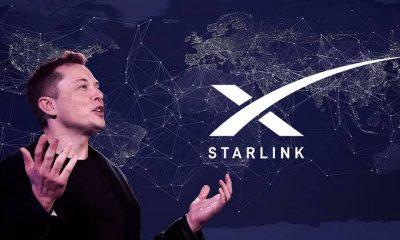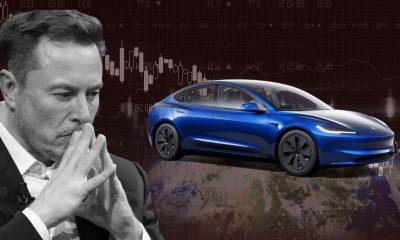Business
Elon Musk Criticizes South Africa’s BEE Rules as Barrier for Starlink Satellite Launch
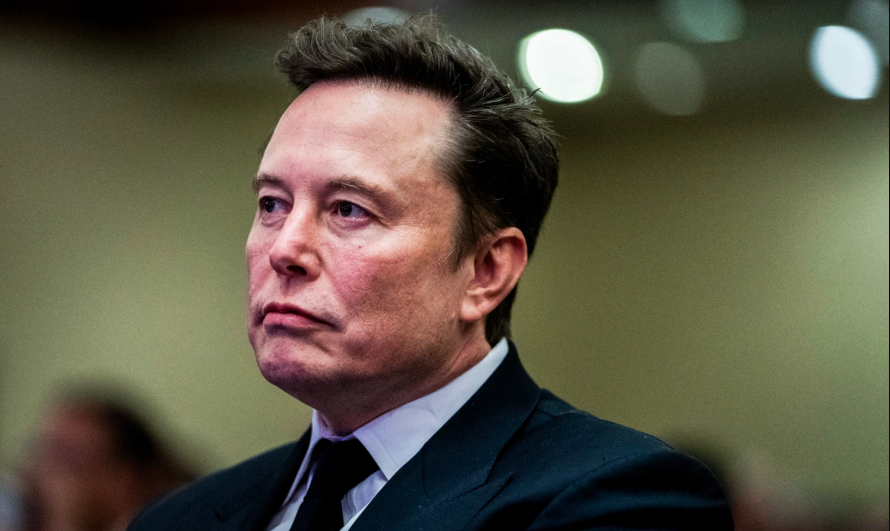
Elon Musk, the founder of SpaceX and Starlink, has voiced concerns about South Africa’s Black Economic Empowerment (BEE) rules, claiming they are a significant hurdle for satellite operators looking to expand their services in the country. Musk’s comments were made in response to South Africa’s Electronic Communications Act, which mandates that licence holders must be 30% owned by historically disadvantaged groups—a requirement that SpaceX believes impedes its efforts to provide satellite internet via Starlink.
BEE Rules: A Barrier for Satellite Operators
The BEE ownership framework, designed to redress historical inequalities in South Africa, has been a point of contention for several foreign businesses looking to invest in the country. SpaceX, which aims to bring satellite internet services to underserved areas, has expressed frustration with the stipulation that companies like Starlink must comply with this ownership requirement.
Musk’s comments highlight a growing concern that South Africa’s regulatory environment is becoming a barrier to technological progress and investment in crucial sectors like telecommunications. SpaceX is looking to provide affordable satellite internet to millions of South Africans, but the 30% local ownership requirement poses a challenge to their operational model.
ICASA Licensing Framework and Proposed Changes
In response to this issue, SpaceX has submitted feedback to ICASA (the Independent Communications Authority of South Africa) on the proposed new licensing framework for satellite operators. ICASA is currently reviewing the rules for satellite licences in the country, and SpaceX hopes that the regulatory body will address the BEE ownership clause, making it more flexible for international companies to operate in South Africa.
The move comes as part of a broader effort by ICASA to modernize South Africa’s telecom laws and encourage more players in the satellite communications industry. While some local groups support BEE requirements as a means of fostering economic empowerment, others argue that rigid rules could stifle foreign investment and technological innovation.
The Impact on Starlink and South Africa’s Digital Future
Starlink has the potential to transform South Africa’s internet landscape, particularly in rural and underserved areas. With the country’s connectivity challenges, satellite internet could play a pivotal role in bridging the digital divide and expanding access to education, healthcare, and business opportunities.
However, the current BEE framework risks delaying or even derailing such plans if companies like SpaceX are unable to meet ownership requirements. As SpaceX continues to push for more favorable terms, the debate over BEE and foreign investment in critical sectors like telecommunications is likely to intensify.
Elon Musk’s criticism of South Africa’s BEE rules reflects the ongoing tension between fostering local empowerment and encouraging foreign investment. While the BEE policy has been instrumental in addressing historical inequalities, its impact on sectors like satellite communications and tech investment remains a topic of discussion. As ICASA works on a new licensing framework, the future of Starlink and similar ventures in South Africa hinges on finding a balance between these competing priorities.
Follow Joburg ETC on Facebook, Twitter , TikTok and Instagram
For more News in Johannesburg, visit joburgetc.com

